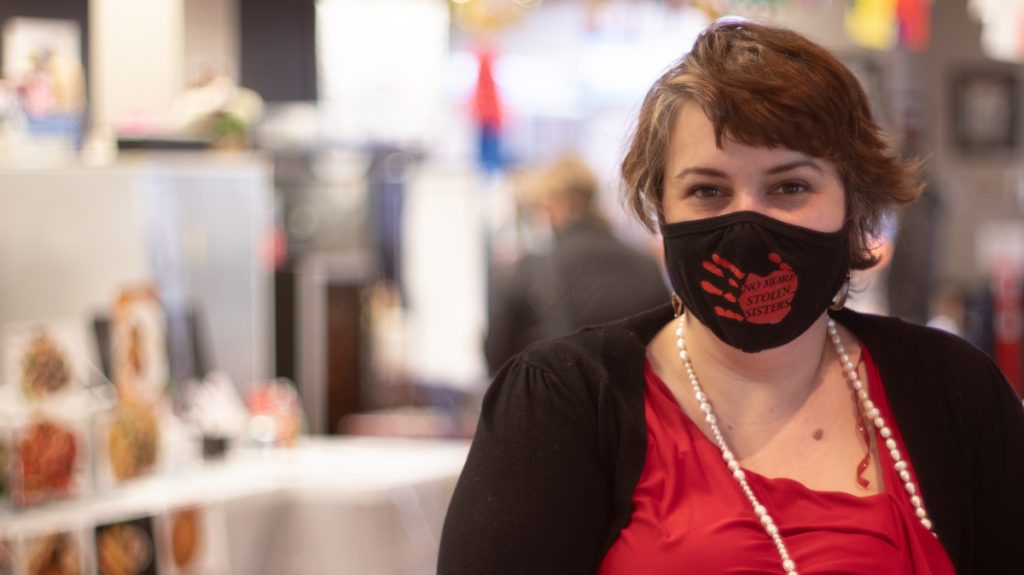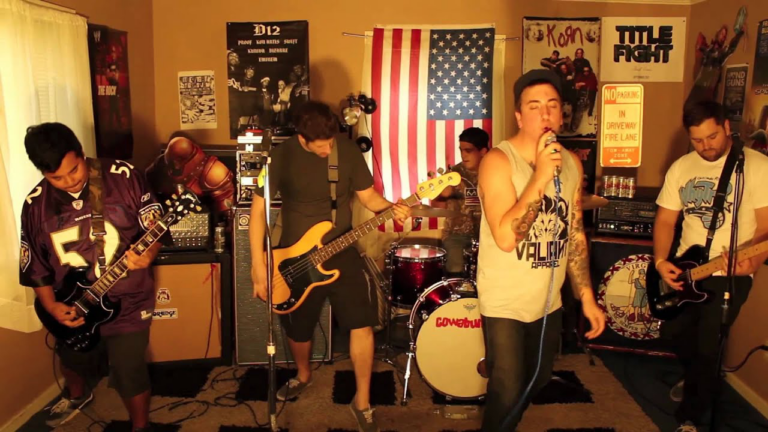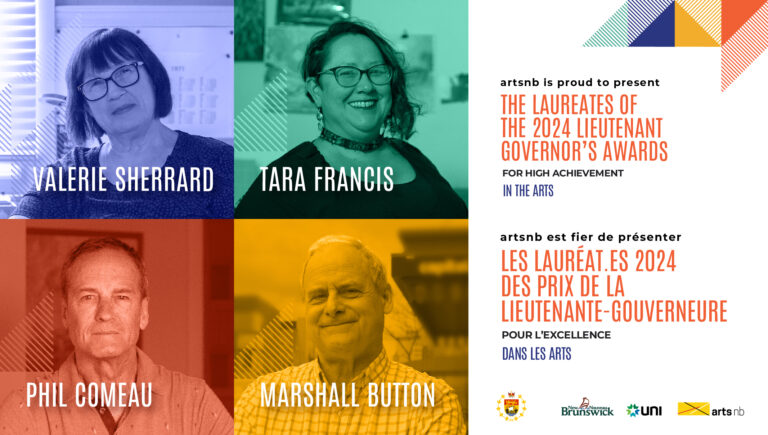Walking into The Cultural Market in downtown Fredericton, one immediately feels at home. A community of immigrant-led microbusinesses and their supporters have turned the former Read’s space into a pandemic success story. The cozy atmosphere and visual inclusiveness have brought much-needed light to Fredericton during one of the world’s darkest periods. Vendors include Saffron Indian Foods, Pinoy Point, Sun Prince, Café Loka, Halaal Station, and numerous local artists.
I sat down with The Cultural Market coordinator Sarah McAdam to discuss the market’s successes, struggles, and how the space brings people together.
Let’s start with a tough topic. Before our interview started, you mentioned vendors at The Cultural Market have experienced struggles with racist people and attitudes. Could you elaborate?
They don’t think they’re being racist, but they’re uncomfortable because they aren’t familiar with the culture. So, they won’t try something out. And not just with food but stepping through the door. That’s definitely been a thing to overcome.
They think that they’re not welcome here, even though this is not a separated, safer space for BIPOC people. This is a place where primarily BIPOC people run micro to small businesses; like, come in and support that.
This is a community-driven space, and a community brings all sorts of people together.
Our Cornerstone is Café Loka. “Loka” means coming together and building the community and bringing in light.
It’s not that I’ve built a community, it’s that each one of them does this thing where they connect with their customers. They have their friends in. They involve their kids in the business if they have them.
We have three businesses that are all founded by immigrants that are all their own home-based food that they make themselves, that also cater to a specialty sort of clientele. Some people buzz right past everything else, go straight to Sun Prince, and pick up tom yum soup or the pie or whatever.
What is your role at The Cultural Market?
Essentially, like a half-cleaner half-admin.
Okay, so during COVID we don’t have enough going on. We need more people coming through. We’re working on monopoly cards where people buy things, and then they get a free thing. This fun little stuff like this is what I do. The community is them.
So you’ve built this community in the middle of a pandemic. Do you feel the longevity of the market is threatened by the continued presence of COVID-19?
The vendors and The Cultural Market are, in a sense, two separate entities. Because of COVID, we haven’t had any other vendors sign up, because no one wants to open a business during a pandemic.
My bosses are invested in this place. This is their passion project. They’re both immigrants. They see this as something essential, and they want to provide it.
The vendors, however, are small businesses, depending on this money entirely. This isn’t a side project. It’s their primary and only source of income.
I started here, which was a couple of months into when COVID was in the world, but it was nowhere close in New Brunswick yet. Or at least we didn’t think it was. When I started here, I would watch over lunch, and there would be a lineup of six people. And now there is no line, we can’t have people that close together in the first place.
A different version of The Cultural Market existed near the Fredericton Exhibition Grounds. How did the current Cultural Market come to be?
[The owners] saw a need to expand it further to be able to provide a steady regular income for a business without having to go through hooking up your own internet, your own power, dealing with the phone lines and cleaning all the legal stuff that goes with owning and running an entire brick and mortar business. This way, it takes about two-thirds of the pressure off them; they need to make sure that their health stuff is in place, that their health and safety stuff is in place, and that they pay their rent. And that’s it. Just run your business and do your dream.
I see lots of beautiful art hanging on the walls. What is your relationship with the artists?
When I got here, I realized that we had a lot more wall space that could be used. So, I went Instagram hunting and contacted a whole bunch of those artists and encouraged them to come down and put stuff up.
Now I get to work with really great groups like the Olka Collective. We’ve got a whole area for them up at the front because they’re this awesome collective that churns out beautiful piece after beautiful piece.
15 per cent goes to a charity that we care about, but 85 per cent goes to the artist. It’s not like I make a commission or anything off of it. I just really, really, really like getting artists money.
Outside of the three main vendors and Café Loka, you have some new things happening at The Cultural Market.
There is one new vendor that we have brought in in the last six months or so. It’s Halaal Station. They offer strictly halaal foods. They have a direct connection to the butcher and to the farmer that provides meat.
We have cultural market dollars. They’re just like gift certificates. They can only be spent at the cultural market, but they can be spent at any of our vendors. So they’re a great way to get out if you’re stuck inside because of COVID, and you want to do something supportive.
The Cultural Market is located at 435 King Street and is now open seven days a week (Monday-Saturday 10 a.m. – 6 p.m. and Sundays 11 a.m. – 3 p.m.). They are open to application for new vendors and buskers and can be contacted at (506) 457-1177.




